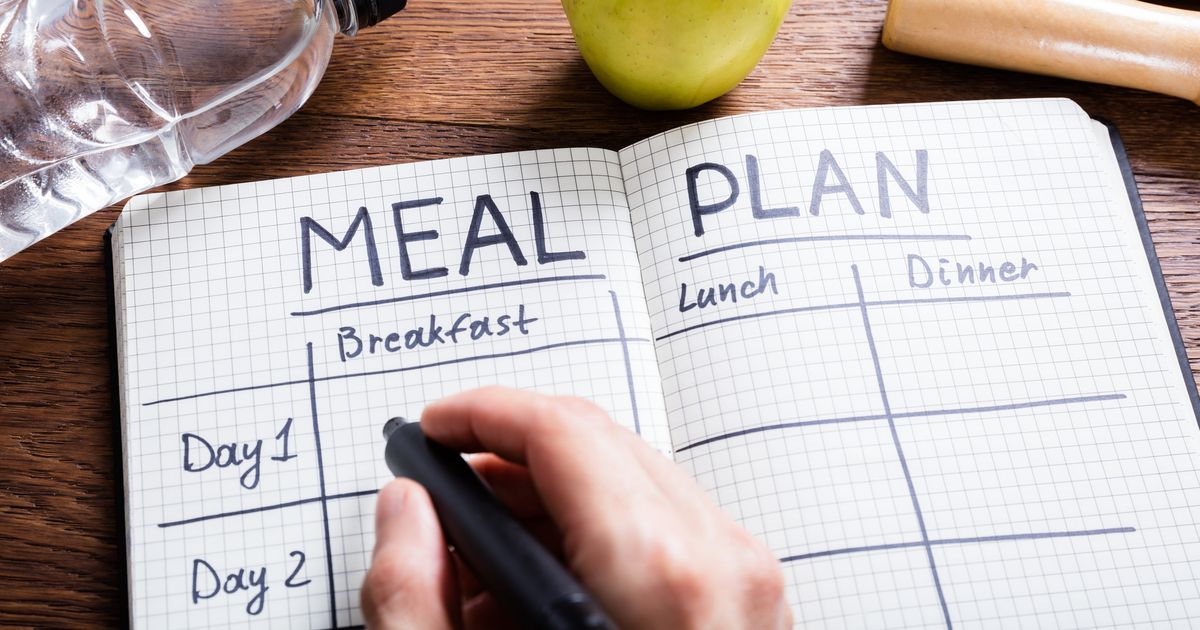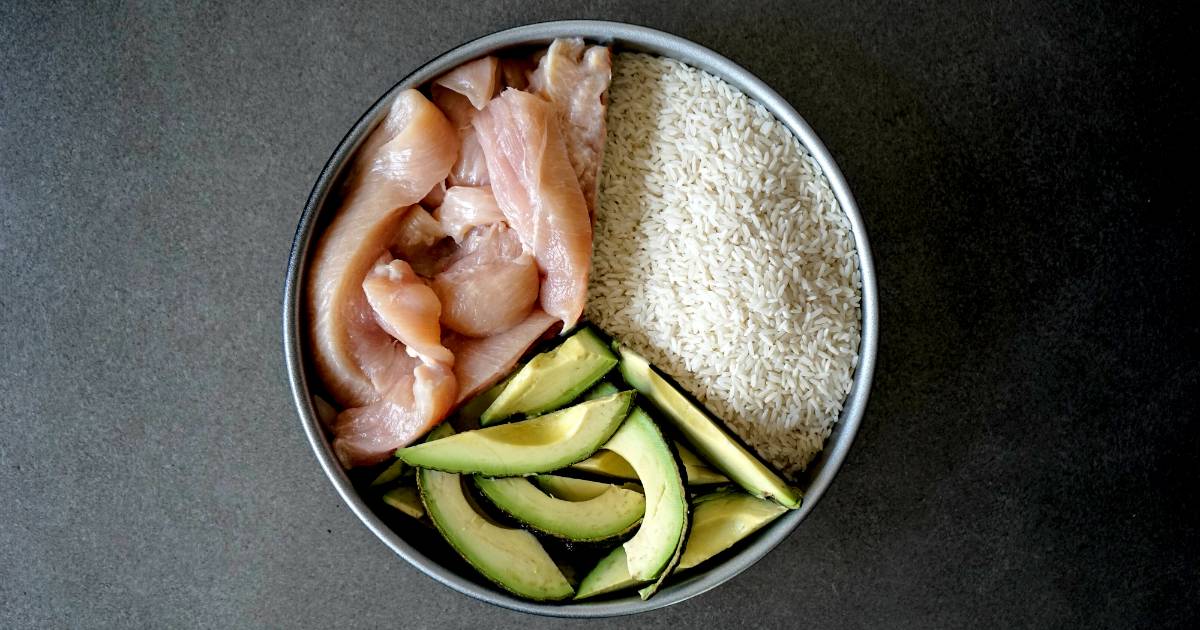Basic Guidelines To Eating Clean
Clean eating is a popular movement in the modern diet world. However, a clean eating diet is not focused on calorie-counting, strict eating guidelines, or a point system. It is an eating philosophy that focuses on consuming minimally-processed foods and emphasizes a plant-based diet. For the clean-eater, food is primarily about nourishment, not reward or entertainment. The reward of this diet is the health benefits that come from nourishing food like lower body fat and increased energy. This does not mean the food consumed should be bland or unappealing. It may take a little more preparation, but clean foods can be spicy, flavorful, and extremely enjoyable.
Get to know the basic guidelines for eating clean now.
Eat Smaller Meals

One of the causes of the current obesity epidemic is the fact portion sizes have increased over the years. Individuals also have the problem that they will decide when they are finished based on an empty plate rather than the physical feeling of satiation. In the clean eating movement, individuals benefit from intentionally eat smaller meals. The goal is to eat until satisfied and not until stuffed. One strategy to accomplish this is to serve food on smaller plates. Individuals will eat less naturally because there is less room on the plate. Another common strategy individuals use when trying to eat clean is to slow down the rate of eating. For some individuals, this means counting the number of chews with each bite. Others accomplish this by setting down their utensils between bites. Eating smaller meals not only benefits weight, but also makes transitioning to eating clean easier, since this can mean less preparation
Uncover the next guideline many recommend when looking to eat clean now.
Make A Meal Plan And Grocery List

The grocery store is designed to sell consumers food whether they need it or not. Often displays are set up to encourage impulse buys. Individuals who want to eat cleaner need to make a meal plan and grocery list. A meal plan will help them think about the way they eat. It will also challenge individuals to find creative recipes so they do not get bored with their food. Turning that plan into a grocery list will also keep individuals on track at the store, avoiding unnecessary and less healthy foods, particularly those that do not adhere to clean eating guidelines. In a typical grocery store, the outer edges are the best area for clean eaters. This is where fresh produce, fish, meat, and dairy products will be found. While the inner aisles have some important dry items like beans and rice, they are also the area where more heavily processed food is kept.
Get more details about making eating clean easier now.
Avoid Drinking Calories

Most diets will tell individuals following them to avoid drinking calories, and a clean eating diet is no different. It is especially important to avoid sugary drinks like sodas and sports drinks. These beverages contain large amounts of simple sugars that quickly increase blood sugar and contribute to obesity. While sports drinks may be helpful to an athlete for energy in the middle of a game or recovering from a workout, they are not a good choice for a drink with a meal or general hydration. Fruit juices are another place for concern. While they do have some vitamins, they are high in sugar and lack the fiber of whole fruit, affecting blood sugar in a similar way to soda. Water and herbal tea are the ideal sources of hydration for a clean eating diet. While black tea and black coffee are delicious to many, it is still important to note they are diuretics, and can thus be dehydrating if individuals drink them in excess.
Learn more about the guidelines for eating clean now.
Read Labels

The key to clean eating is finding minimally processed foods. One way for individuals to do this is to read labels on the foods they buy. Consumers will find a great deal of important information there about the nutritional content of the food. An important consideration when looking at labels is the serving size. A package advertising just one hundred calories per serving may sound the good a choice until individuals read the label and discover there are ten servings per package. For clean eating, good indicators of an appropriate product are the number and type of ingredients it contains. In general, foods that fit the clean eating guidelines have fewer ingredients. In addition, most of those ingredients will be recognizable foods and not chemical additives.
Discover additional guidelines for clean eating now.
Keep Meals Balanced

In any healthy diet, including clean eating, it is important to keep meals balanced. Everyone needs a daily mix of carbohydrates, proteins, healthy fats, vitamins and minerals for ideal health. Clean eating meals emphasize fruits and vegetables as important sources for carbohydrates and vitamins. Other carbohydrate sources include whole-grain bread, pasta, and rice. While meat-based protein, especially from fish and dairy products, is allowed, a clean eating diet will get as much of its protein as possible from plant-based sources like beans, nuts, and rice. Healthy fats for a clean eater will come from sources such as nuts, seeds, and some fruits, like avocados.